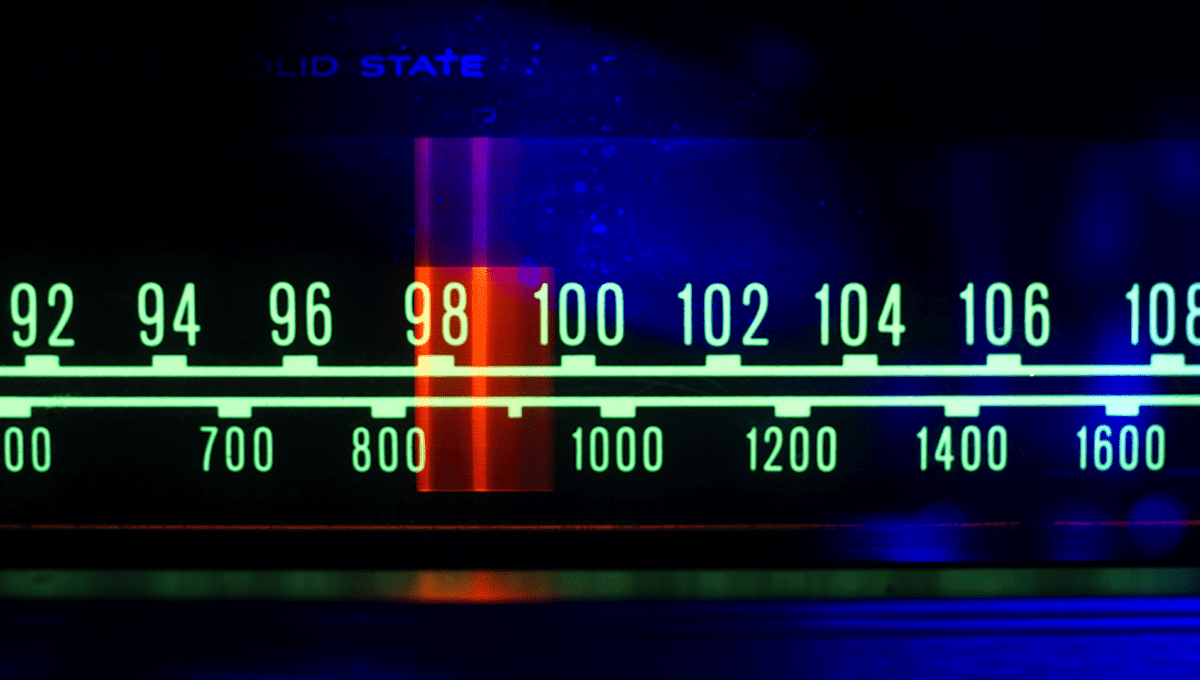
If you’re a radio fan, or have merely been stuck in a car as day transitions into night, you may have noticed that you don’t get quite as clear signal in the hours of darkness.
Before you assume that it’s a plot by reverse vampires (possibly in conjunction with the saucer people) in order to make radio listeners go to bed, you should know that it’s actually the result of a requirement by the Federal Communications Commission (FCC) to power down or turn off at night, and the FCC in turn are required to do this by the laws of physics.
It all has to do with wavelengths and the ionosphere. During the daytime, AM signals primarily propagate close to the ground (known as ground wave propagation) and follow the curves of the Earth. In the daylight hours, AM signals sent by radio stations can cover around 162 kilometers (100 miles) before you will struggle to hear the signal.
As good as this is, at night the ability of long waves to propagate large distances becomes a problem, thanks to the ionosphere. Between 80 and 600 kilometers (50-373 miles) above the Earth, particles in the Earth’s atmosphere are bombarded with Extreme Ultraviolet (EUV) and x-ray solar radiation, ionizing them as they do so. The ionosphere grows and shrinks (on your side of the planet) depending on the time of day.
At night, the layer reflects AM radio signals (known as “skywave” propagation) to a much greater degree than during the day, allowing the signal to be carried for hundreds of miles further than during the day. While this may sound like good news, it is what’s known as a “pain in the butt” for any communication regulators out there, or people who want to listen to anything other than an indiscernible mess of static.
“Because of this change in signal propagation from daytime to nighttime, if every AM station kept its daytime operating power at night, massive interference would result,” the FCC explains on their website.
In order to compensate for this, and “in recognition of the physical laws that govern AM radio propagation”, the FCC requires that certain stations lower their power at sunset, so that the station does not interfere with others.
“Other stations, which cannot provide the necessary protection at night to other AM stations, are presently licensed to operate during the daytime hours only,” they add.
So that’s why, thanks to the laws of physics, your favorite AM station might shut down at night. But to be fair, it is the laws of physics that allow you to listen in the daytime, so let’s not get too mad at the rules which govern our universe.
Source Link: Radio Stations Shut Or Power Down At Night, Because Of The Laws Of Physics